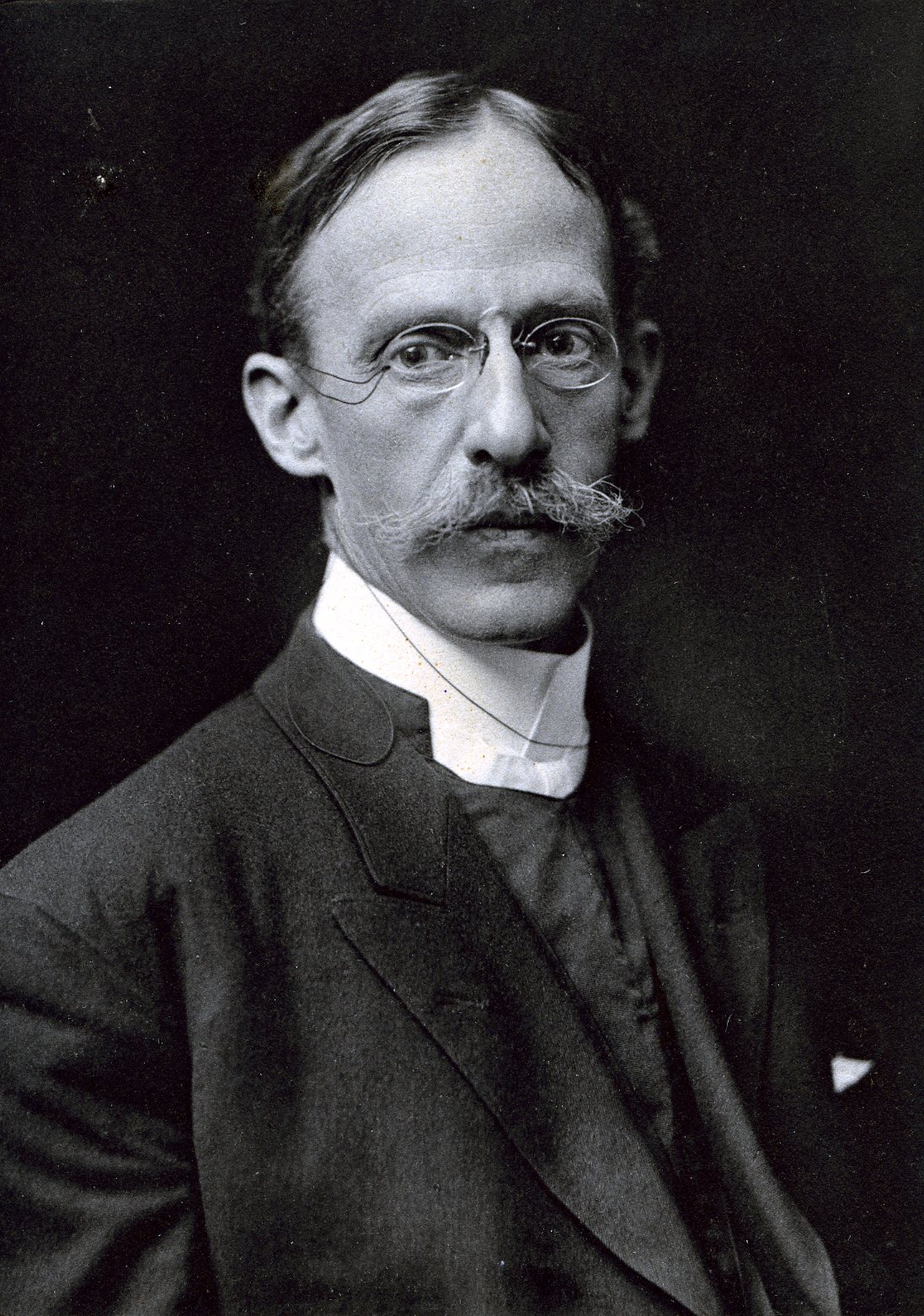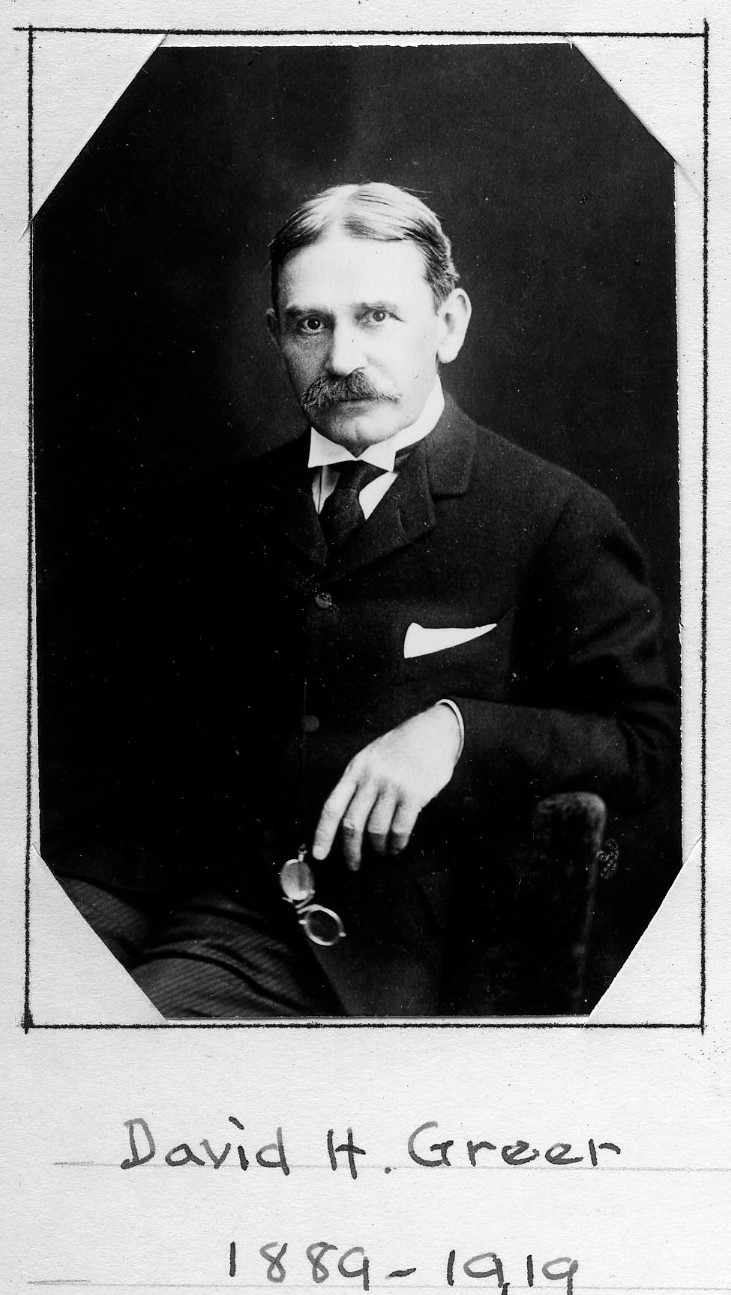Member Directory,
1847 - 1922
Harry Peirce Nichols
Clergyman
Centurion, 1907–1940
David H. Greer and Francis Lynde Stetson
Salem, Massachusetts
Conway, New Hampshire
Age fifty-six
Intervale, New Hampshire

Century Memorial
Harry Peirce Nichols was in every measure a mountain man. He began his walking, according to [Bishop] William Lawrence, when he was a student at Harvard College. He would pace miles at a time up and down his room priming his fellow students for their examinations. They said, “Let’s go to Nichols in Gray’s; he will tell us.” The gift and the habit remained for his ninety vigorous years—he ever talked as he walked—and invariably to young men. As assistant at Trinity Church on the Green at New Haven, he claimed the attention of a crowd of college men who were no more prone to haunt churches than they are today. As rector of the Episcopal Church in New Brunswick, Maine, he attracted Bowdoin men to a more intelligent understanding of religion, and some to the ministry. They responded to Nichols’s physical and mental vigor—for his was a “striding” intellect. On several trips abroad he conquered the Matterhorn, the Jungfrau, and Mont Blanc, and in this country in his last forty years he scaled Mt. Washington some 250 times. On his eighty-fifth birthday he climbed 4,000 feet to celebrate the occasion at some camp whose caretaker was a student. This ever was his view—out and ahead, and with young men.
At the age of eighty he was elected president of the American Alpine Club, not because he could compete with contemporary climbers any longer, but on the score of his ability to attract young men to mountains. So he helped form the Harvard Alpine Club. He used to say of his thousand friends: “We met on the summit of —— Mountain, and our relationship has been on the same high level ever since.”
Among his pithy and incisive sermons was one most characteristic, titled “Christianity, Churchmanship, Manhood—but the Greatest of These is Manhood.” “Never ask, young men,” he said to a group of students, “why climb a mountain. If you must have an answer take that of Mallory, who, when asked why he tried to conquer Everest on which he later lost his life, replied, ‘Because it’s there!’” In mind and body agile, wiry, vigorous, restless, the bone and sinew of religion”; in his ministry every man’s friend, unfailingly personal, unafraid to be affectionate. Of Salem’s many sent to roam the seven seas, from her hardiest stock she destined Harry Nichols for the heights, and from the summits of friendship and experience he brought back those high things with which he trafficked to give to plain folk in the valleys his upward look—where he must still be reaching as his soul goes climbing on.
Geoffrey Parsons
1940 Century Memorials


